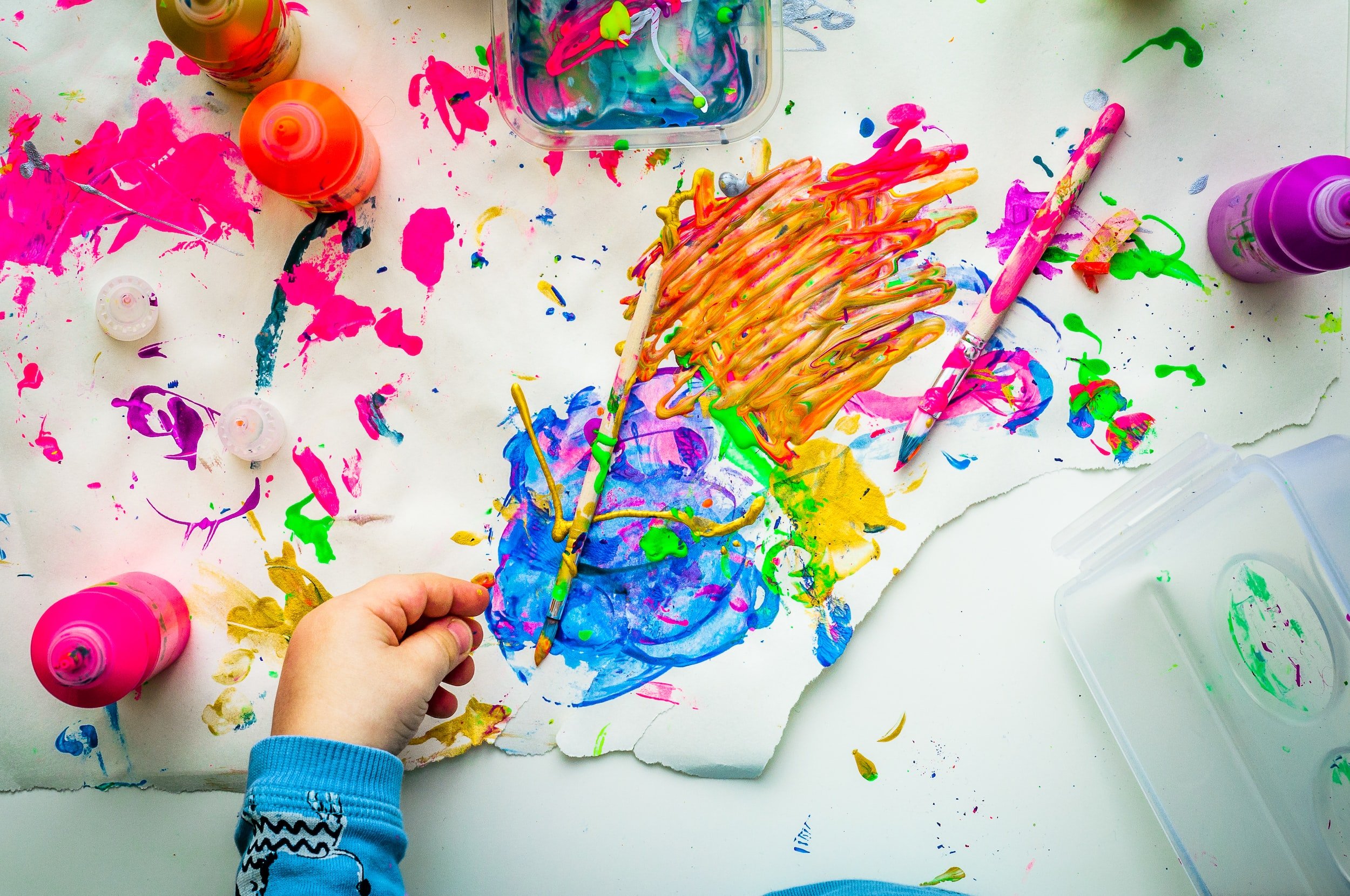What is art? And what is art now that we have AI?
Photo @dragos126
AI has changed the world forever—its impact has been undeniable. As of early February, ChatGPT had more than 100 million users, a feat it took the mega-popular platform TikTok nine months to accomplish. It's clearly here to stay.
I've seen a lot of doom and gloom about how this somehow harkens to the end of civilization as we know it. Of Chat GPT as a precursor to Skynet, and how the apocalyptic scenarios of The Terminator and The Matrix are already on our doorstep.
On the flip side, there have also been plenty of articles about how AI will usher in a new golden age of peace and leisure for mankind. About how it will put an end to the expectation of endless toil and drudgery that capitalist societies impose on us, their hapless and disempowered citizens.
We'll also have to consider the fact that AI will change the way that we think about ourselves, this world, and the technology itself. We'll have to challenge long-held assumptions about what is "good" mental labour and what is frivolous, repetitive, or easily handed off to a bot.
And we'll have to think about art. What has it been for us? And what has it become? What will it become?
As Chat GPT is so fond of saying in many of its answers, art is “a complex and multifaceted concept." At its most basic level, art is the expression of creativity, imagination, and emotion. But is there something inherently human about that? Can creativity be faked? Can imagination? We already know that AI is programmed to understand the nuances of human emotion, even while presumably incapable of expressing its own, at least for now.
What is creativity? What is art?
A basic definition of creativity could be that it is the ability to generate new and original ideas, imagine and explore possibilities, and express ourselves in unique and innovative ways. Our creativity is a reflection of our intelligence, imagination, and curiosity. We use it every day. It's a big part of how we solve problems and make sense of the world. Human creativity is certainly not limited to its application in the arts, but art would arguably be impossible without it, and arts are essential to the human experience. In many ways, the arts represent the pinnacle of human achievement, reflecting our deepest emotions, thoughts, values, struggles, and dreams. In the arts, we see where we have been and where we dream of going.
Some may argue that art that is more closely tied to our emotions and experiences is more human, while others may feel that art that pushes the boundaries of what is possible or challenges our preconceptions is more human. These two things might not seem mutually exclusive, but as we try to consider where human creativity and AI “creativity” differ, they may become so. AI has certainly demonstrated its ability to challenge preconceptions.
So what is it about creativity that is uniquely human?
We know some animals are creative. I'm thinking of the elephants and monkeys that are given paints and brushes or the exceptional problem-solving abilities of crows. But they aren't creative in quite the same way as humans are.
And while AI-generated images from Dall-E and similar programs have flooded the web recently, is that creative? Or, is it an empty copy of creativity?
According to Creative Bloq, "it doesn't actually 'know' what it's creating but it makes assumptions based on the massive database of 650 million image and caption combinations that it's already been fed." That massive database is the result of hundreds of years of human labour. Human creativity. You could argue that Dall-E isn't really creating anything at all but merely rearranging it. Mining and plagiarizing the collective creativity of humanity.
Pictured above, Dall-e2’s failed attempt to depict a photo-realistic rendering of two women having coffee on the street in Paris is a monstrous distortion of the human, both literally and figuratively.
So is that art? Are the texts that Chat GPT creates literature?
Or is what makes something art or literature precisely that it comes from a human mind? Is humanity a prerequisite in our definitions of those things? Is it the emotions behind the creations? And if so, what happens if AI develops emotions of its own?
These aren’t questions I have the answers to, but the parts of a larger discussion I suspect we'll have to collectively come to a decision about very soon.
As technology continues to advance, the way we think about what it means to be human and what exactly makes up the human experience will necessarily evolve. However, one thing seems immutable to me—that creativity, and the arts, will continue to be important to us. And that human-made art will continue to reflect the diversity and complexity of our ever-evolving experience. Whether through painting, music, literature, or any other form of artistic expression, the arts will continue to provide us with a way to connect with each other and the world around us and explore the full range of what it means to be physically, intellectually, spiritually, and emotionally alive.

